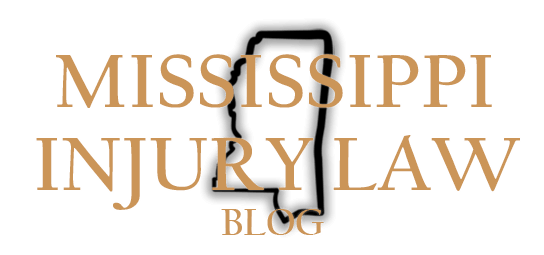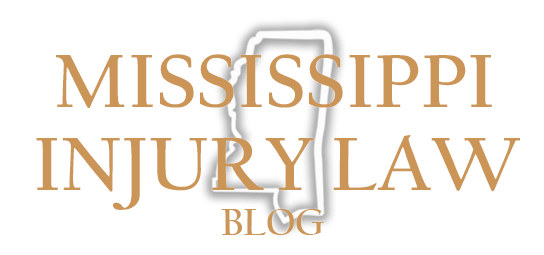Recently, A new final rule was announced on certain provisions of the Fair Debt Collection Practices Act (FDCPA), a federal law that provides limitations on what debt collectors can do when collecting certain types of debt. The new rule clarifies ways in which debt collectors can communicate with consumers and what types of collection practices are a violation of the FDCPA.
Effective one year after the date of publication in the Federal Register, the rule finalizes major parts of a proposal we initially issued in 2019. Although it won’t go into effect until 2021, the FDCPA still prohibits debt collectors from, among other things, conduct where the natural consequence is to harass, oppress, or abuse any person in connection with the collection.
If you currently have a debt in collections, here are several important things you should know — including your rights and how to respond to a collector – and these will remain consistent even after the rule becomes effective.
Under the FDCPA, debt collectors are not allowed to use unfair practices when trying to collect, including deceiving, threatening, or harassing you.
If you believe you do not owe, you may dispute all or part of it by calling or writing the collector. If you send a written request, the debt collector must stop collection on the amount you’ve disputed until they can provide you with information that shows you owe.
How to respond to a debt collector
The CFPB has created several sample letters to help you respond to many common scenarios, if:
- You need more information about the debt in question.
- You don’t owe the debt.
- You want the debt collector to stop contacting you while you dispute the debt.
- You want the debt collector to only contact you through a lawyer.
- You want to specify how the debt collector can contact you.
Please note that these letters are not legal advice. You’ll also want to keep copies of any letters you send to a collection company.
Work with a credit counselor
Credit counseling agencies are generally non-profit organizations that can advise you on your money and debts. When working with a credit counselor, you should be prepared to discuss your financial situation, employment status, and your financial goals, as well as your regular income and expenses.
Reputable non-profit credit counselors often offer initial budgeting sessions at no cost, and they can help you in the following ways:
- Identify ways to adjust your expenses. Credit counselors can help you budget and adjust your expenses in order to help you pay your debts down quicker.
- Find emergency hardship programs. Most lenders offer ways to temporarily pause or reduce your payments if you’ve had a financial emergency. If you have a lot of accounts or are having difficulty managing your debts on your own, a credit counselor can help you sort through your options.
- Discuss debt management plans. These programs seek to provide a consolidated monthly payment that the credit counseling agency then pays to all lenders over a set period of time. This generally involves closing most of your accounts and setting a fixed repayment plan, usually at a reduced interest rate. Credit counseling agencies often charge fees for these services and there may be initial impacts to your credit worthiness due to closing accounts, so make sure you understand how the program works before you sign up.
- Determine if bankruptcy makes sense. Credit counselors will assess your financial situation and see whether options like bankruptcy should be explored and what your next steps should be.
When considering a credit counselor, make sure they can help you assess how to manage all of your debts. Many, for example, also provide housing counseling, which can be important if you’re having difficulty paying your mortgage.
*This blog post contains links and references to third-party resources that consumers may find helpful. The Bureau does not control or guarantee the accuracy of this third-party information. By listing these links and references, the Bureau is not endorsing and has not vetted these third-parties, the views they express, or the products or services they offer. Other entities and resources may also meet your needs.
*Article originally posted on Consumer Financial Protection Bureau
If you need assistance with Debt Collectors who do not follow the Fair Debt Collection Practices Act, contact our law firm today by calling 601-948-8005 or messaging our Class Action and Mass Tort attorneys through our website.

